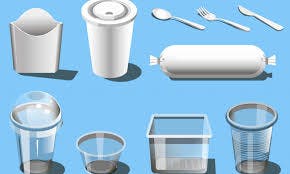Single-Use Plastics Draft By-Law
Consultation has concluded
Thank you for your contributions to the Single-Use Plastics Draft By-Law. Submissions have now closed.
Submissions will be reviewed to determine whether any changes to the by-law are needed. Once this analysis is done, a report with the final by-law, along with a copy of all the submissions will be presented to Council for endorsement.
After extensive community engagement and an overwhelming public response, the Hobart City Council voted on 4 March 2019 to propose a Draft Single-use Plastics By-Law, aiming to restrict the use of single-use plastic takeaway food packaging.
- The City has the following aims in relation to single-use plastics:
• To minimise the exposure of the community and the environment to the risks and harm associated with single-use plastic in takeaway food packaging.
• To reduce the overall quantity of plastic litter arising from takeaway food retailing, and its long-term impacts.
• To provide a stimulus for the development and uptake of innovative and sustainable takeaway food packaging solutions.
• To align the practices of takeaway food retailers with growing community concern regarding the risks of single-use plastic in everyday life.
We ask that you examine the proposed by-law and regulatory impact statement and then provide your submission prior to 25 November 2019. As part of the process it is important that we collect personal details but these will remain private and confidential. Also for a submission to be considered (Under the Act) you must state the grounds of the submission and the facts relied upon in support of those grounds.







